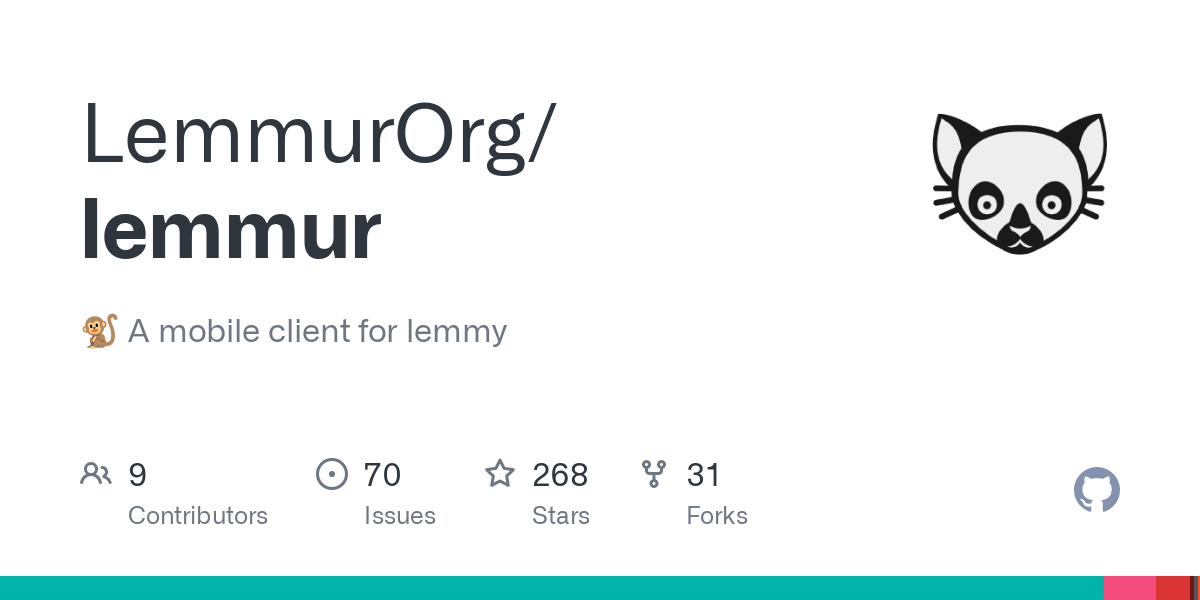

Exactly! Some examples:
- right to repair - actually owning games is similar to actually owning laptops and phones
- ads in cars, apps, etc that you’ve bought - do you really own it if it’s littered with ads you don’t control?
Set the precedent, then gradually expand scope.



Extra points if you bring some munchies to share.